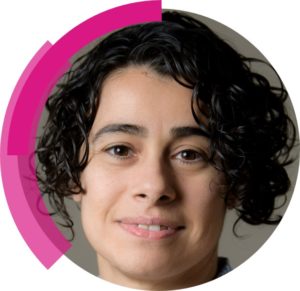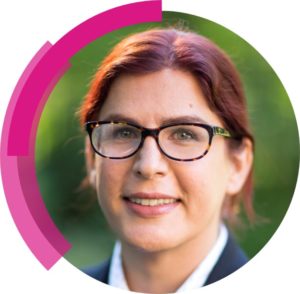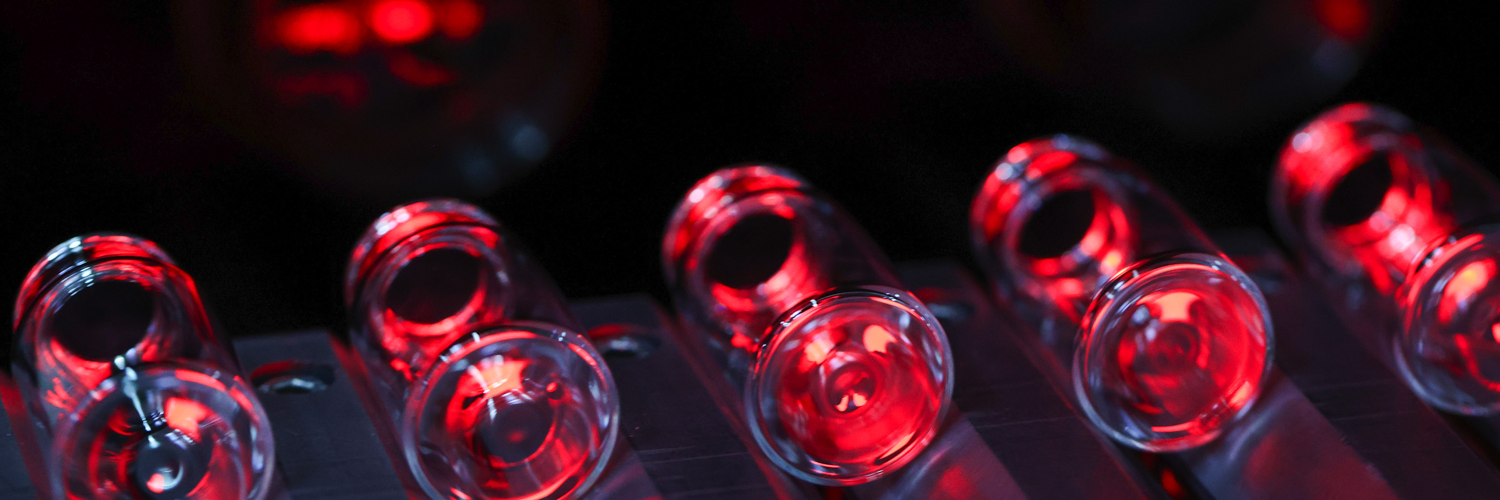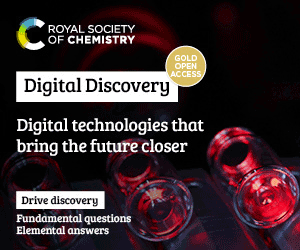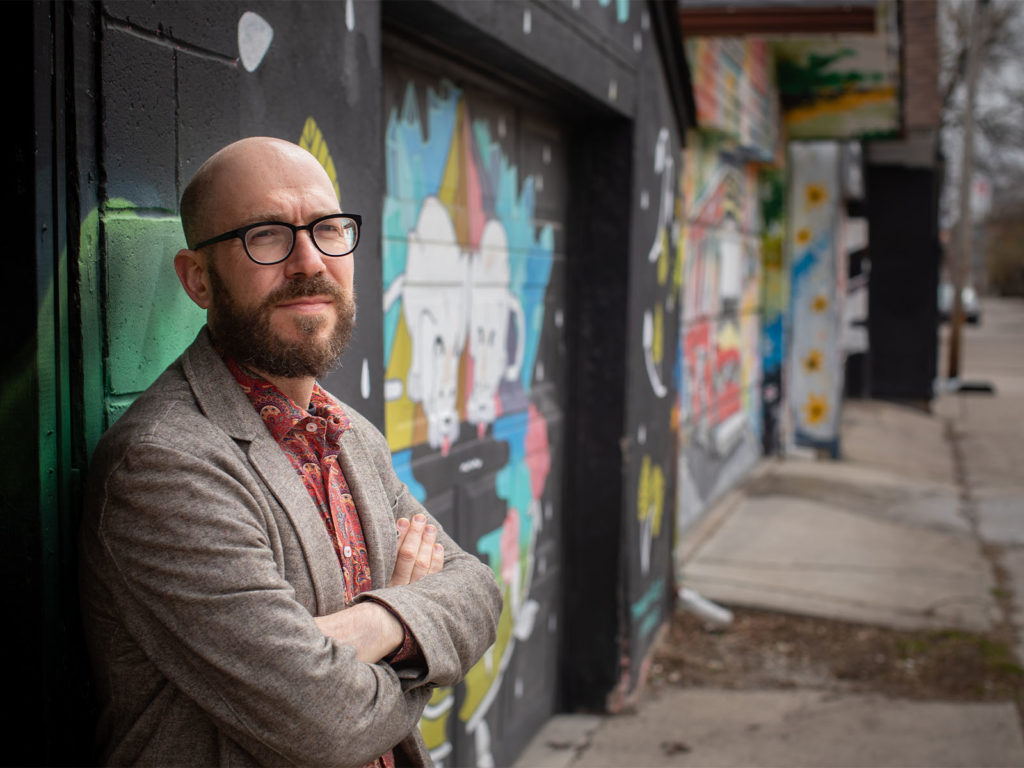Welcome to Digital Discovery!
We are delighted to welcome Professor Yousung Jung, KAIST, South Korea, as a new member of the Editorial Board of Digital Discovery.
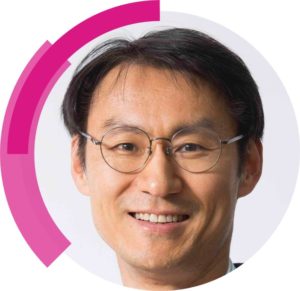 |
“Just as computational chemistry has emerged as a new branch of chemistry after the development of computers and algorithms to use them, digital chemistry dealing with data, machine learning, and automation may become a new discipline in 21st century chemistry.
|
Yousung Jung is a Professor of Chemical and Biomolecular Engineering at KAIST. His research background and current interests involve quantum chemistry and machine learning to develop efficient methods for fast and accurate simulations of complex molecular and materials systems, and their applications towards the understanding of molecules and materials for new discovery. Some of his recent works include the use of data science and machine learning to understand the structure-property-synthesizability relations for molecules and materials, and using the obtained knowledge for inverse design. He received his PhD in Theoretical Chemistry from the University of California, Berkeley, with Martin Head-Gordon. After postdoctoral work at Caltech with Rudy Marcus, he joined the faculty at KAIST in 2009. He has received the following awards: the Hanseong Science Award from Hanseong Son Jae Han Foundation; the KAIST Technology Innovation Award; the Pole Medal by the Asia-Pacific Association of Theoretical and Computational Chemists; a Korean Chemical Society Young Physical Chemist Award, and a KCS-Wiley Young Chemist Award.
Read some of Yousung’s recent papers below.
Predicting potentially hazardous chemical reactions using an explainable neural network
Juhwan Kim, Geun Ho Gu, Juhwan Noh, Seongun Kim, Suji Gim, Jaesik Choi and Yousung Jung
Chem. Sci, 2021, 12, 11028–11037
Machine-enabled inverse design of inorganic solid materials: promises and challenges
Juhwan Noh, Geun Ho Gu, Sungwon Kim and Yousung Jung
Chem. Sci., 2020, 11, 4871–4881
Structure-Based Synthesizability Prediction of Crystals Using Partially Supervised Learning
Jidon Jang, Geun Ho Gu, Juhwan Noh, Juhwan Kim and Yousung Jung
J. Am. Chem. Soc.2020, 142, 18836–18843
Please join us in welcoming Professor Jung to Digital Discovery.


